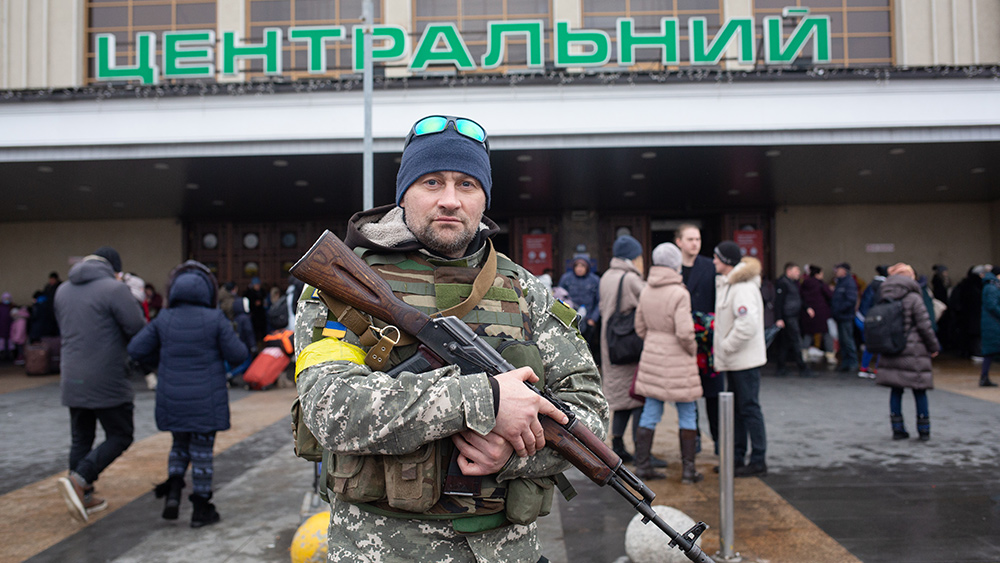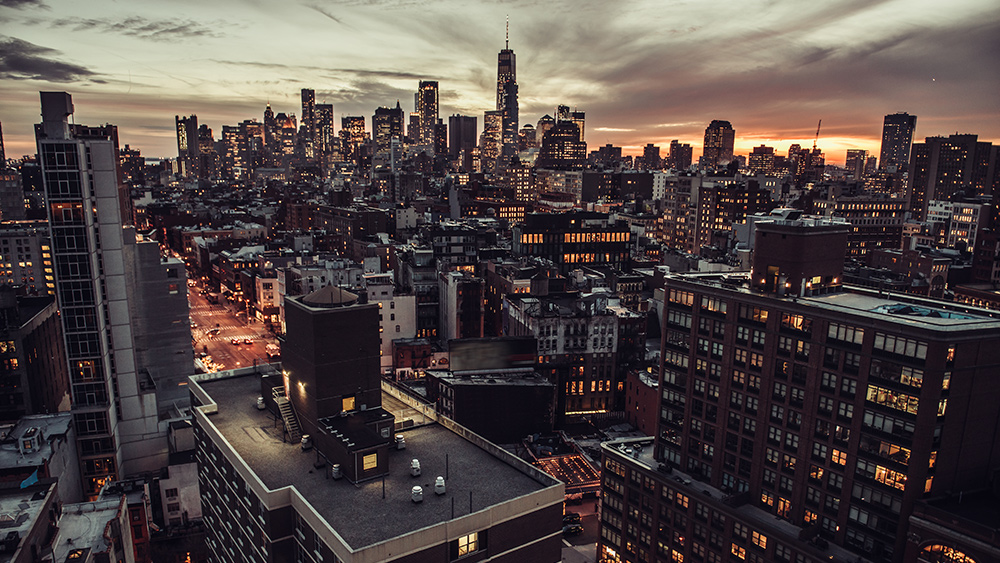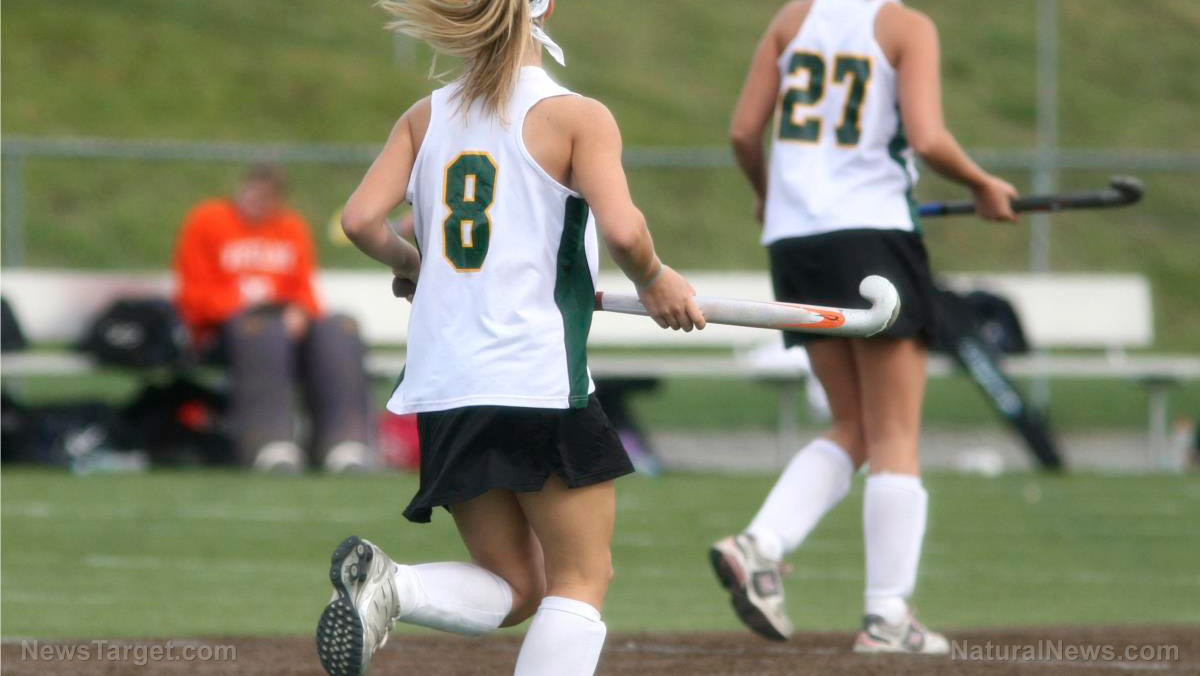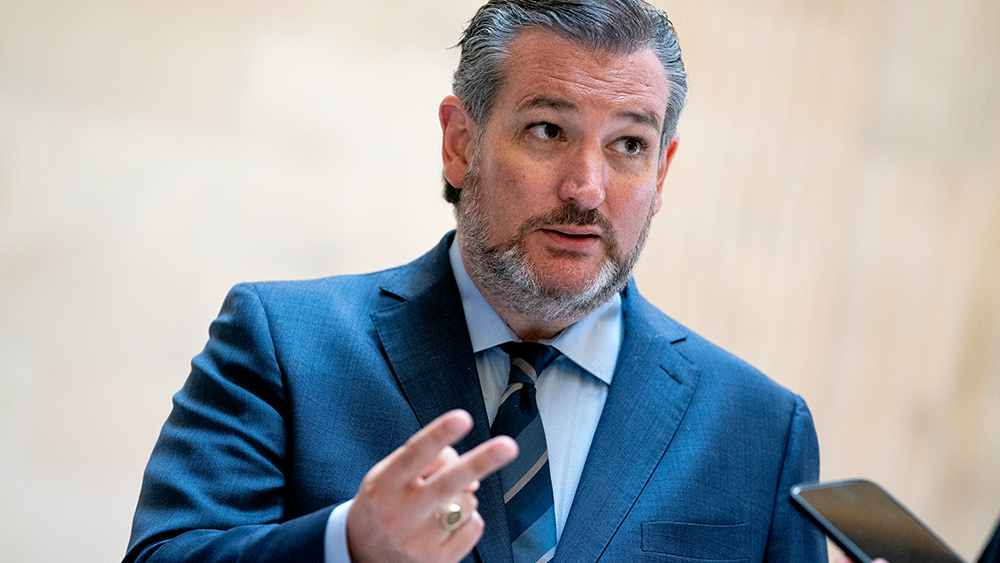 Parler
Parler Gab
Gab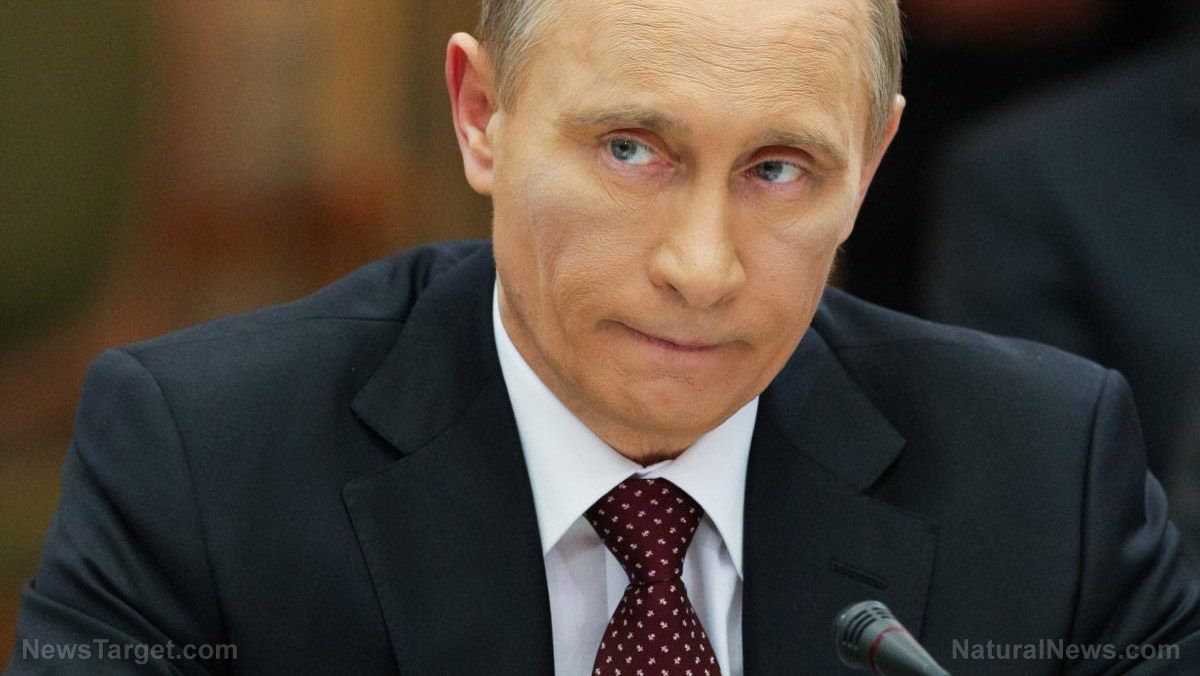
- President Vladimir Putin has initiated Russia's largest conscription since 2011, drafting 160,000 young men and women (ages 18–30) to expand its military to 2.39 million personnel. The move signals Russia’s long-term military commitment amid the Ukraine conflict, despite claims that conscripts won’t be sent to Ukraine.
- France and Britain are considering deploying troops to Ukraine to secure a peace deal, though the proposal lacks unanimous EU support. France announced a €2 billion military aid package for Ukraine, including tanks and air defenses.
- Russia links conscription increases to NATO’s expansion (including Sweden/Finland) and "growing threats." Meanwhile, Ukrainian infrastructure attacks (e.g., 45,000 left without power in Kherson) fuel calls for sustained sanctions.
- The conflict risks a broader NATO-Russia confrontation. U.S. involvement in peace talks faces hurdles due to Russia’s aggression and Europe’s fragmented response. The outcome could reshape global security and alliances.
Russia's military expansion and strategic intentions
The spring call-up, which is 10,000 higher than the same period in 2024, is a clear indication of Russia's commitment to maintaining a strong military presence in the region. Vice Admiral Vladimir Tsimlyansky, a Russian military official, stated that the new conscripts would not be sent to fight in Ukraine. However, this claim is met with skepticism, given reports of conscripts being killed in border regions and the early deployment of conscripts to Ukraine during the initial stages of the conflict. The expansion of the draft age from 27 to 30 has also increased the pool of eligible conscripts, a move that underscores Russia's determination to bolster its military ranks. The Kremlin has linked this expansion to "growing threats" from both the war in Ukraine and the "ongoing expansion of NATO," which has recently welcomed Finland and Sweden as new members.European response and diplomatic efforts
In response to Russia's military buildup, France and Britain are considering deploying troops to Ukraine to help secure a peace deal. French President Emmanuel Macron and U.K. Prime Minister Keir Starmer have emphasized the importance of a European-led force to deter further Russian aggression. However, the proposal has not gained unanimous support among European nations, with some expressing concerns about the potential for a broader conflict. Macron stated, "These reassurance forces are a French-British proposal. It is desired by Ukraine and noted by several member states that have expressed their willingness to join. It is not unanimous. That is known. Besides, we do not need unanimity to achieve it." The French and British military officials are working with Ukraine to determine the deployment locations and the number of troops needed to make the force credible. The summit of leaders from nearly 30 countries, including NATO and EU chiefs, highlighted the ongoing diplomatic efforts to broker a ceasefire. However, the talks have been complicated by Russia's continued attacks on Ukrainian infrastructure and its refusal to fully comply with recent agreements. Ukrainian President Volodymyr Zelensky has accused Russia of "playing games and playing for time" while also calling for the continuation of economic sanctions to pressure Moscow into negotiations.Ukraine's military and humanitarian situation
Despite diplomatic efforts, the conflict in Ukraine remains intense. Russian drone attacks and shelling continue to cause casualties and disrupt essential services. Ukrainian officials reported that a recent Russian attack on a power facility in Kherson left 45,000 people without electricity. Zelensky emphasized that these attacks are evidence that the U.S. and Europe should not ease sanctions on Russia. Ukraine's allies in Europe are also strengthening Kyiv's military capabilities. French President Macron announced a new defense aid package worth 2 billion euros, which includes light tanks, air defense systems and anti-tank missiles. This aid is intended to bolster Ukraine's defenses and provide it with the means to continue fighting until a lasting peace is achieved.Global implications and future outlook
The situation in Ukraine is not just a regional conflict but a global issue with far-reaching implications. The potential for a broader conflict involving NATO and Russia remains a significant concern. U.S. President Donald Trump has been actively involved in brokering peace agreements, but the lack of a unified European response and Russia's aggressive military buildup complicate these efforts. As the conflict continues, the international community is closely watching the actions of all parties involved. The deployment of European troops, the expansion of Russia's military, and the ongoing diplomatic negotiations will shape the future of the region and potentially the world. The stakes are high, and the outcome of these developments will have lasting consequences for global security and stability. In conclusion, Putin's largest military call-up since 2011 is a clear signal of Russia's intent to maintain a strong military presence in the region. The response from Europe, particularly France and Britain, highlights the complex geopolitical landscape and the challenges of achieving a lasting peace in Ukraine. As the situation evolves, the world will be watching closely to see how these developments unfold and what they mean for the future of international relations. Sources include: ZeroHedge.com PBS.org BBC.comUkraine wants 30,000 conscripts MONTHLY to continue its senseless war with Russia
By Ramon Tomey // Share
Sovereign debt paradox: U.S.-China mutual holdings fuel geopolitical tensions
By Willow Tohi // Share
Federal appeals court authorizes DOGE access to Education, Treasury and OPM records
By Laura Harris // Share
Maine sues USDA over withheld funds in transgender athlete dispute
By Laura Harris // Share
TAKE IT DOWN Act advances in Congress amid free speech concerns
By Willow Tohi // Share
Governments continue to obscure COVID-19 vaccine data amid rising concerns over excess deaths
By patricklewis // Share
Tech giant Microsoft backs EXTINCTION with its support of carbon capture programs
By ramontomeydw // Share
Germany to resume arms exports to Israel despite repeated ceasefire violations
By isabelle // Share
